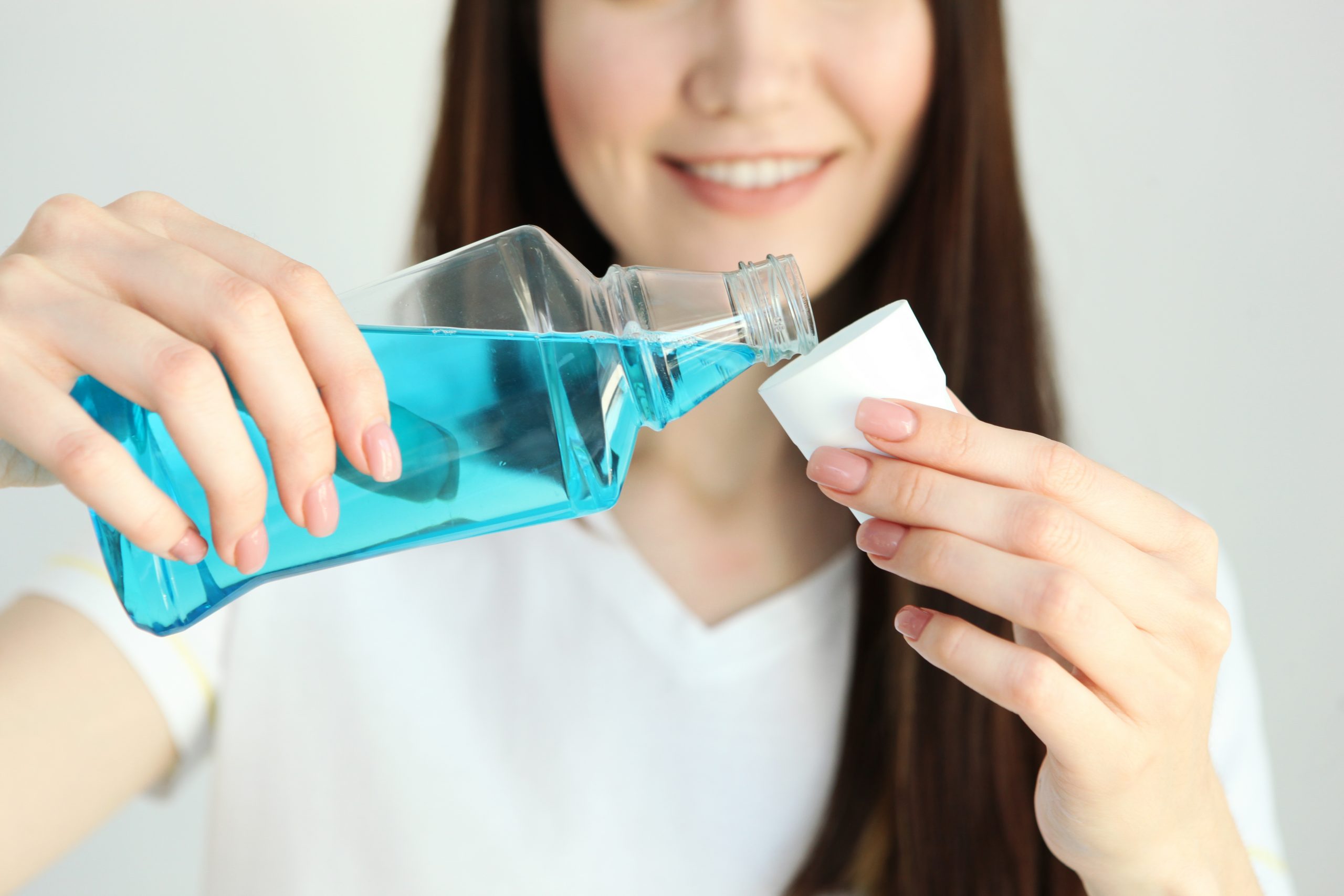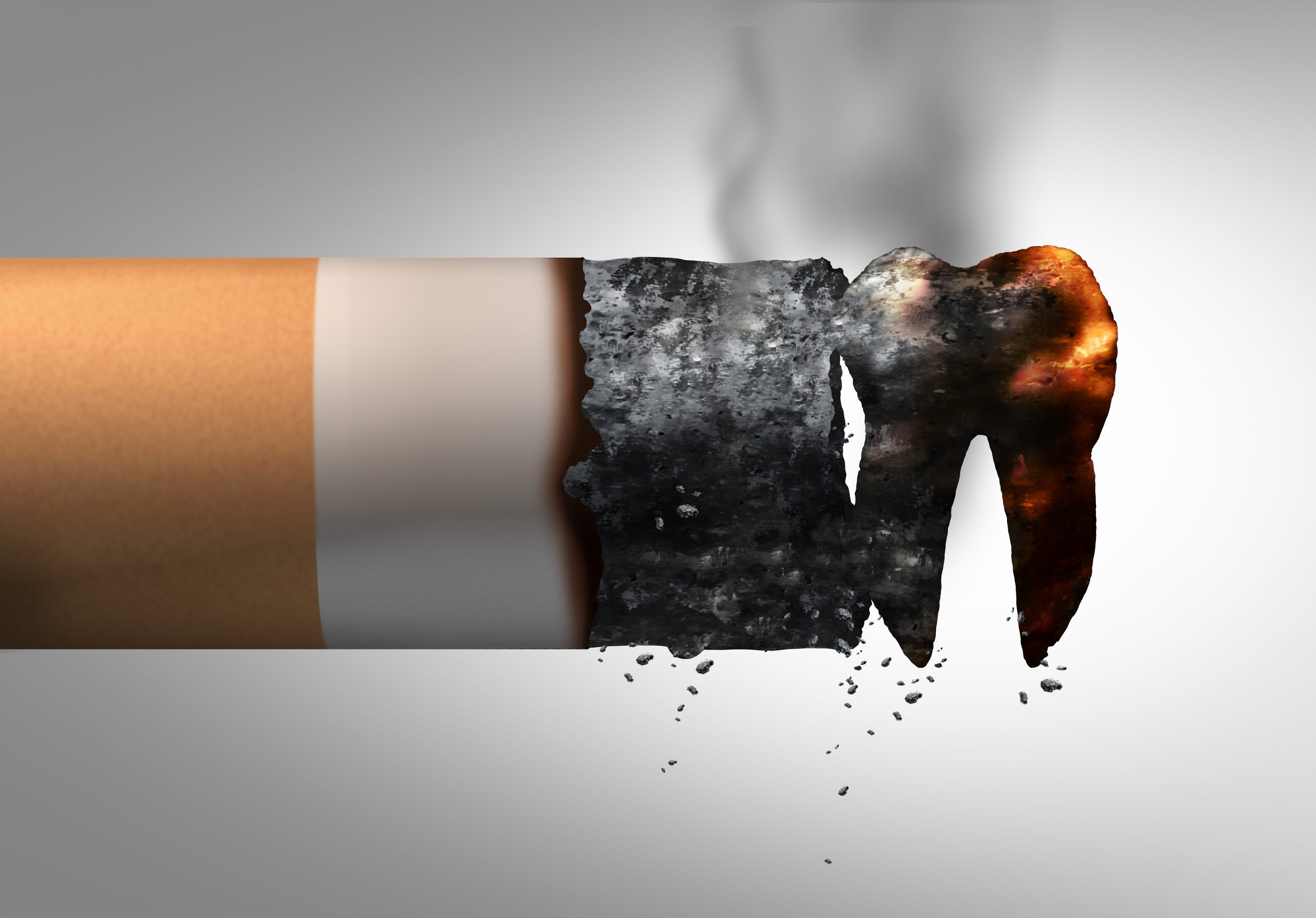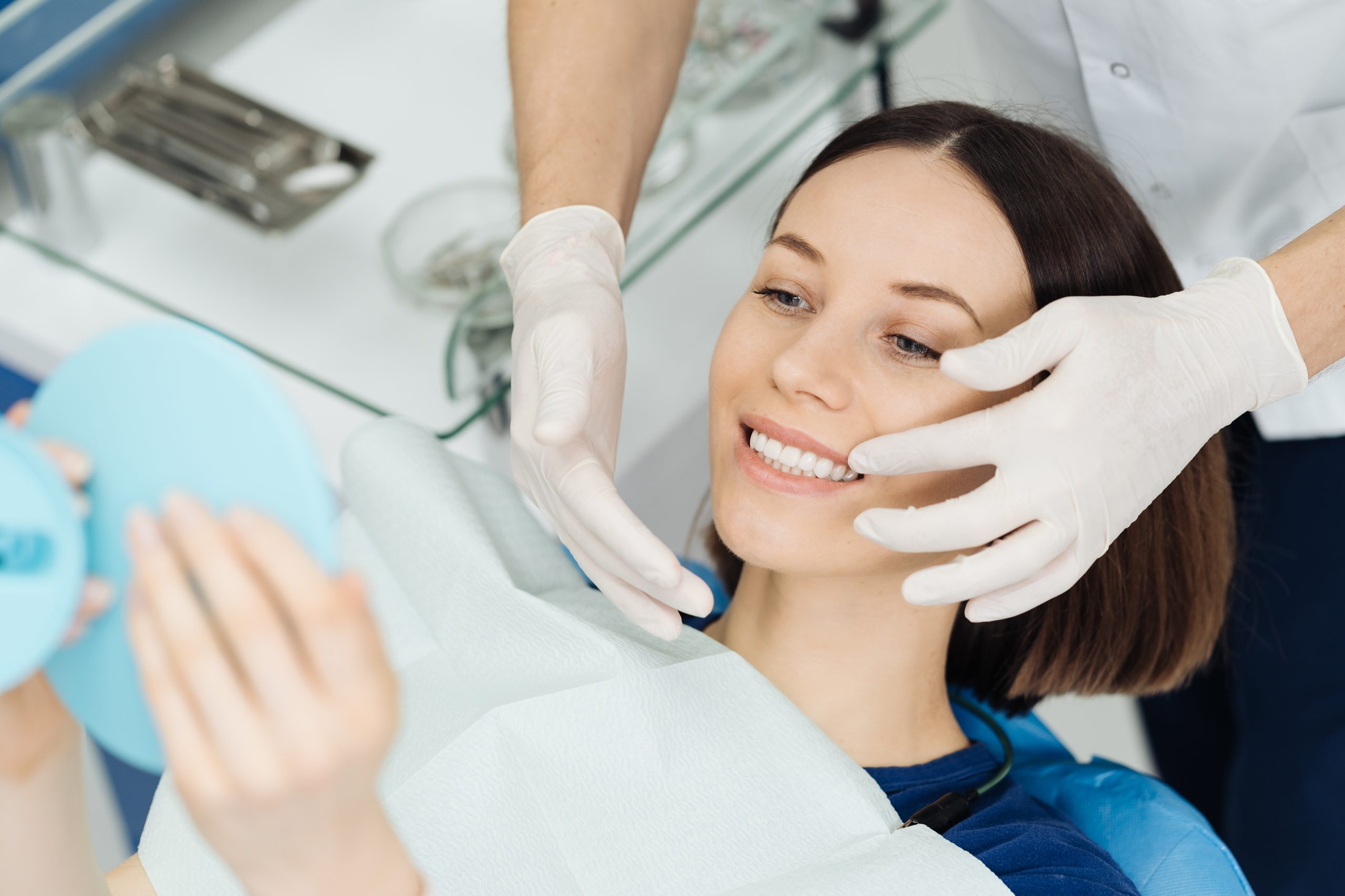Maintaining good oral hygiene is crucial for overall dental health, and mouthwash can be a valuable addition to your oral care routine. Mouthwash, also known as mouth rinse or oral rinse, offers several benefits that go beyond brushing and flossing alone. In this article, we will explore the benefits of mouthwash for dental health and understand how it can enhance your oral hygiene efforts.
- Freshens Breath: One of the primary benefits of mouthwash is its ability to freshen breath by eliminating bacteria and reducing odor-causing compounds. Mouthwash contains antibacterial agents that target the bacteria responsible for bad breath, leaving your mouth feeling fresh and clean.
- Reduces Plaque and Gingivitis: Mouthwash can help reduce the buildup of plaque on teeth and along the gumline. Plaque is a sticky film that forms on the teeth, harboring bacteria that can lead to tooth decay and gum disease. Certain mouthwashes contain antibacterial agents that can help kill bacteria and prevent plaque formation. Regular use of mouthwash, in conjunction with brushing and flossing, can contribute to healthier gums and a reduced risk of gingivitis (gum inflammation).
- Prevents Cavities: Some mouthwashes contain fluoride, a mineral that helps strengthen tooth enamel and protect against tooth decay. Fluoride mouthwashes can provide an extra layer of defense against cavities, especially in areas where the water supply is not fluoridated. Using a fluoride mouthwash as part of your oral hygiene routine can help prevent tooth decay and maintain strong, healthy teeth.
- Soothes Oral Irritation: Mouthwash with ingredients like aloe vera or chamomile can help soothe oral irritation and provide relief from minor mouth sores, such as canker sores. These ingredients have anti-inflammatory properties and can promote healing and comfort in the mouth.
- Supports Healing After Dental Procedures: After dental procedures like extractions or oral surgeries, mouthwash can be used to promote healing and maintain oral hygiene. Some mouthwashes are specifically formulated to help reduce inflammation, prevent infection, and aid in the healing process.
- Reaches Areas Brushing and Flossing Miss: Mouthwash has the advantage of reaching areas in the mouth that may be difficult to clean with a toothbrush or floss alone. It can reach between teeth, along the gumline, and around dental appliances like braces or bridges, providing a more thorough clean and reducing the risk of plaque buildup in those areas.
- Provides Additional Protection for At-Risk Individuals: Certain individuals may be more prone to dental issues, such as those with orthodontic appliances, dry mouth, or a history of gum disease. For these individuals, using mouthwash can provide additional protection against bacteria and plaque, helping to maintain optimal oral health.
Tips for Using Mouthwash Effectively:
- Choose the Right Mouthwash: Select a mouthwash that suits your specific oral health needs. If you’re unsure, consult with your dentist or dental hygienist for recommendations tailored to your dental condition.
- Follow Instructions: Read and follow the instructions on the mouthwash label carefully. Different mouthwashes may have specific directions regarding dosage, frequency, and duration of use.
- Use in Conjunction with Brushing and Flossing: Mouthwash should not replace regular brushing and flossing but should complement them. Incorporate mouthwash into your oral hygiene routine by using it after brushing and flossing to maximize its benefits.
- Don’t Swallow: Mouthwash is meant to be spit out, not swallowed. Ensure that you gargle and rinse your mouth thoroughly with the mouthwash and then spit it out into the sink.
- Limit Alcohol





